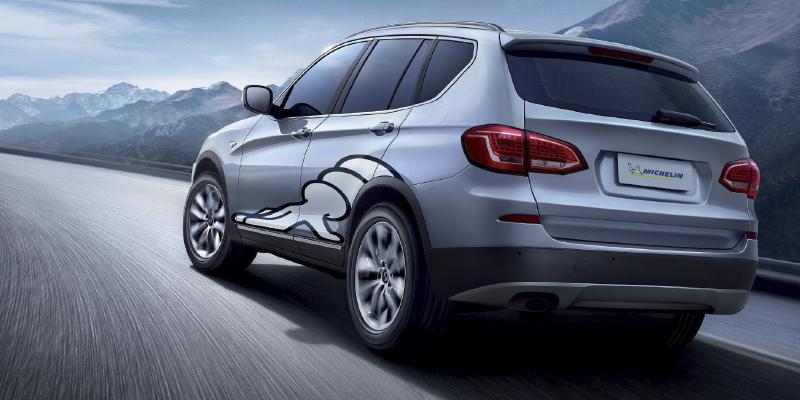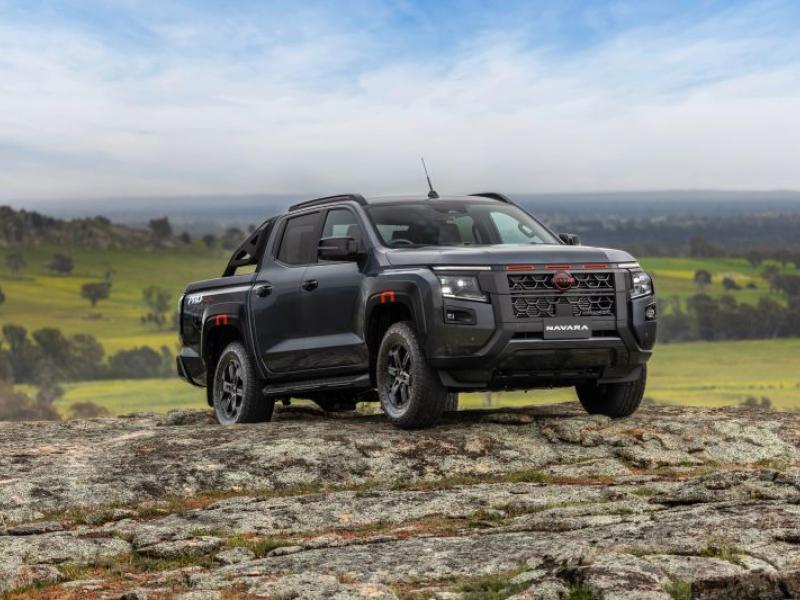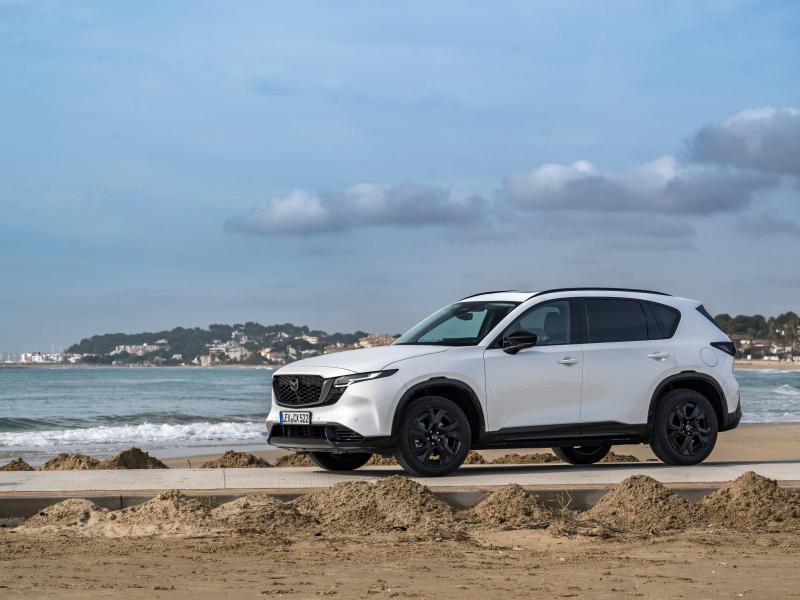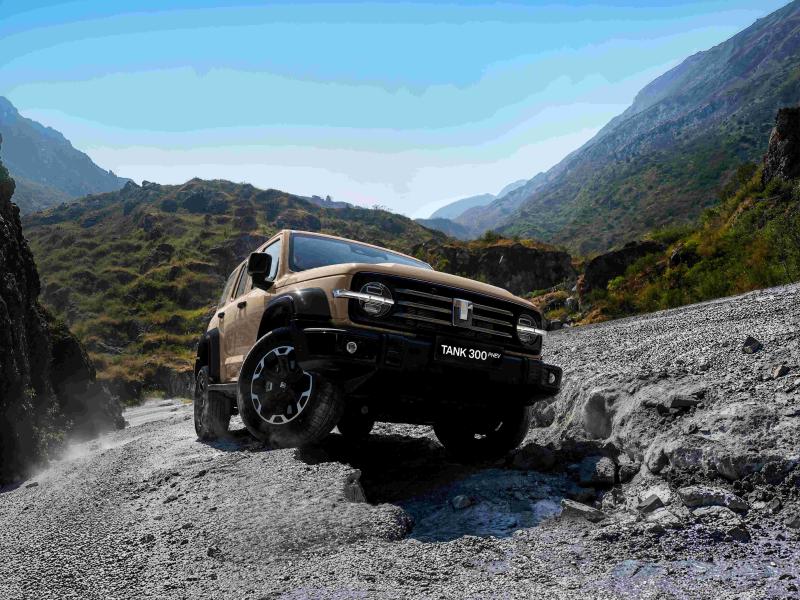Michelin is a name most might associate with top level motorsport since the beginning of racing and today winning in Formula E, Le Mans 24 as well as dozens of racing series around the world & don’t forget the restaurants thanks to the televised efforts of superstar chefs. Fleet managers though, probably know Michelin more for its tyres and innovations like the radial design technology.
Hardly surprising since Michelin’s automotive rubber history dates back over 130 years.
In that time, the French company has produced a vast number of tyres across all applications and today, is making a greater impact on the tyre industry than ever before.
Currently, Michelin owns about 14 percent of the global tyre market but the company’s collective tyre-print spans 171 different countries, while Michelin employs just under 115,000 people and, from its 69 production facilities around the world, produced its milestone 190 million tyres in 2017.
And while it may be true that tyres are round, black and made largely of rubber, not all tyres are built the same and nor do tyre companies put the same focus on their business practices, their people or their corporate responsibilities.
Michelin does, and cites its purpose is working to achieve safer, cleaner, more accessible and more efficient, sustainable mobility.
To this end, Michelin has developed what it calls total performance tyres, with the latest release and crowning glory, being the Michelin Pilot Sport 4 SUV, a tyre to suit the demands of the modern high-performance SUV.
And if you were thinking SUV and high performance are words that don’t really go together, look at the numbers of Porsche, Teslas, Jaguars, Alfa Romeos, Volkswagens, Audis, Mercedes, Bentleys and tell me there’s only a handful performance SUVs around nowadays.
But I digress. What defines a Total Performance tyre? Michelin defines it as a tyre which simultaneously delivers on a number of key performance indicators; safety, longevity, fuel efficiency, grip and durability to begin with, then factoring in comfort, low noise, vibration and harshness (NVH), wet and dry road-holding.
The concept behind the Total Performance tyre is an amalgamation of all these attributes without marginalising any one of the others. And with the Pilot Road series – Michelin has that all pretty much covered.
And yet, the story doesn’t end there. Of all the performance characteristics listed, one of the hardest to achieve supremacy with is wet grip.
For the development of the Pilot Sport 4 family, Michelin combined nylon and aramid (Kevlar) into the construction of the tyre, then adding latest generation silica tread compounds to further effect water dispersion.
But it is the variable contact patch which is the true secret of grip – regardless of weather. And it is the aramid/nylon construction which is the secret of the variable contact patch.
The hybrid aramid/nylon belt has been designed to retain the tyre’s shape under high g cornering, thus giving you the maximum potential contact patch for better grip and improved performance.
All of the above clearly applies to the Pilot Sport 4 SUV, but this is only one of the Pilot Sport tyres available from Michelin. There are others intended for other applications, which means there is likely to be one for you and the vehicles making up your fleet.
There is one other consideration. With the introduction of the Pilot Sport 4 tyre and the Total Performance tyre range, Michelin is now seeking to implement legislation through land transport authorities in every market the company trades in, to ensure tyres maintain their advertised safety potential from when they are new to when they are worn right down to the legal limit, without any compromising of the safety values of the tyre.
It makes you wonder why Michelin is the only brand that has come up with this. If you buy something new, you expect it to last and keep operating all through its useful life, until it cannot operate any longer.
Michelin believes the same should be true of tyres, as long as they are maintained and used properly.
With that in mind, and of course, Michelin’s independent tyre tests proving safety, longevity and therefore better value for money and product guarantees, its worth having a conversation with your tyre provider to ensure you are looking after your fleet assets costs and drivers as best you possibly can.






